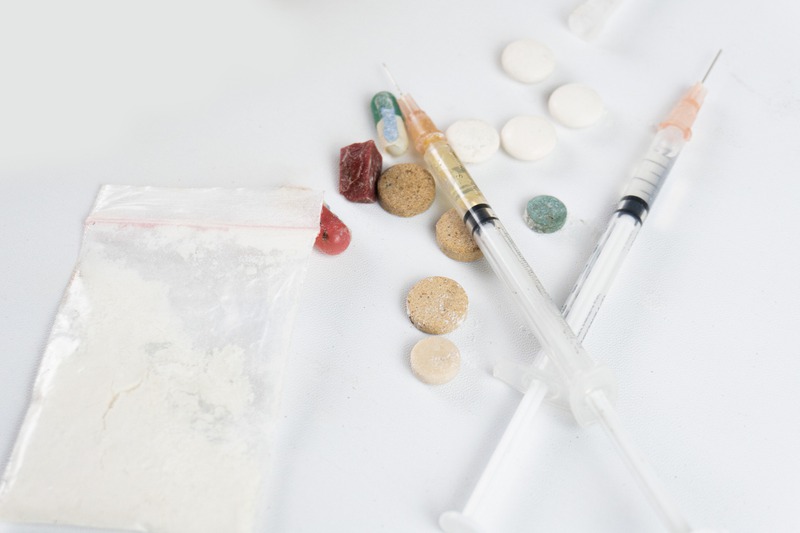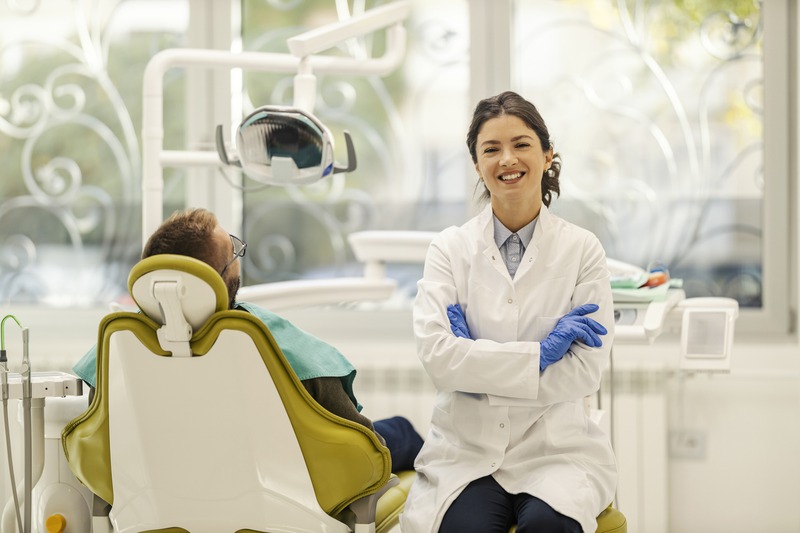
Are There Holistic Treatments for Addiction?
For many, addiction recovery involves more than tackling just the substance or behavior itself. It’s about a holistic renewal of body, mind, and spirit. While traditional treatments, such as counseling and medication, form the backbone of many recovery programs, holistic treatments are gaining attention for their comprehensive approach to healing. These therapies aim to support the whole person, potentially addressing a wider range of underlying issues such as stress, emotional pain, and lifestyle imbalances. This article explores holistic treatments for addiction and how they might complement existing recovery methods.
Exploring Holistic Approaches to Addiction Recovery
Holistic treatments are designed to address multiple facets of a person’s well-being, recognizing that addiction can impact all areas of life. These approaches extend beyond merely stopping substance use and offer varied techniques to aid recovery. An integrated approach provides support for the emotional, physical, and spiritual journey:
-
Emotional healing through various therapies
-
Physical well-being via exercise and nutrition
-
Spiritual growth by building self-awareness
-
Stress management with mindfulness practices
Engaging in these treatments can build a supportive framework for recovery, enhancing one’s ability to sustain long-term sobriety when used alongside traditional methods.
Common Holistic Practices in Addiction Treatment
Several holistic practices have shown promise in supporting addiction recovery, offering avenues for healing that address diverse needs. These practices not only support detoxification but also emotional and mental well-being. Understanding these options may provide greater context for their effectiveness:
-
Meditation and Mindfulness: These practices help cultivate mental clarity and reduce the stress that often accompanies addiction recovery.
-
Yoga and Physical Exercise: Regular physical activity supports the body’s natural healing processes, helping manage symptoms and improve mood.
-
Nutritional Therapy: Proper nutrition is vital in replenishing the body’s nutrients, helping to counteract deficiencies caused by substance use.
-
Acupuncture: Some individuals find relief from withdrawal symptoms and anxiety through acupuncture, an ancient practice known for balancing the body’s energy.
-
Art and Music Therapy: These creative therapies can offer emotional release and self-expression, playing an integral part in a holistic treatment plan.
Each practice offers a unique benefit, and the combination of multiple holistic therapies with traditional recovery strategies can potentially increase overall treatment success. Exploring these options might lead to a more fulfilling and nurturing recovery process.
Finding the Right Fit in Holistic Treatments
Finding the right holistic treatments involves considering one’s personal preferences and the availability of resources. It’s important to think about whether these approaches resonate with personal values and goals. Here are some considerations for selecting appropriate holistic methods:
-
Comfort and willingness to engage in the selected practices
-
Your budget and potential costs involved
-
Availability of skilled practitioners in your local area
-
Compatibility with existing traditional treatment plans
-
Your long-term recovery objectives
Engaging skilled professionals to guide the process can enhance the effectiveness of holistic methods. Their expertise ensures the selected therapies are safe, customized, and integrated within a comprehensive care plan.
Support Systems in Recovery
Support systems are pivotal in addiction recovery, particularly when considering holistic treatment options. A robust support network provides motivation and accountability, creating a sense of belonging and understanding. This includes family, friends, healthcare providers, and peers who can offer shared experiences and encouragement. Support systems are beneficial for:
-
Providing emotional support and empathy
-
Encouraging regular participation in treatment activities
-
Helping identify potential relapse triggers
-
Sharing strategies to manage challenges effectively
Joining community groups or participating in recovery-focused activities can foster connections with others on similar journeys, extending the supportive framework essential for holistic recovery.
Professional Holistic Treatment Options
Various Woodland Park rehab centers across different regions offer a blend of traditional and holistic treatments. These facilities provide structured programs that support individuals with personalized care plans. By employing a variety of methods to meet individual needs, they underscore the importance of a comprehensive approach to addiction treatment.
Professional treatment centers might offer therapies that include but are not limited to, yoga and mindfulness sessions, nutritional counseling, and creative therapies, thus integrating holistic practices within a structured rehab program. This synthesis of treatment approaches enables a nurturing environment for recovery.
Tailoring Treatment Plans to Regional Availability
Recognizing regional variations in treatment offerings can aid in selecting the most appropriate center or program. For instance, New Jersey addiction treatment programs may offer unique combinations of holistic and traditional approaches. Exploring what’s available nearby can ensure alignment with personal preferences and practical requirements.
When investigating options, it’s beneficial to interact directly with professionals to understand their treatment philosophies and strategies. This provides clarity on how well the services align with your recovery goals.
Integrating Professional Guidance into Holistic Strategies
Holistic treatments are most effective when combined with professional addiction recovery guidance. Healthcare providers can offer insights on how these methods fit within overall care plans. Many professional drug detox centers have incorporated holistic strategies, such as meditation and nutritional support, as part of their comprehensive programs. Tailoring treatment plans with both holistic and traditional therapies ensures a safer and more effective recovery journey.
Professional oversight helps in managing the complexities of addiction treatment, offering reliable pathways through which individuals can navigate their recovery effectively.
Continual Development of Addiction Treatment Approaches
The addiction treatment landscape is evolving, with holistic methods gaining traction as effective complementary therapies. This shift reflects a growing understanding of the value that multifaceted healing approaches can provide. Incorporating holistic therapies alongside traditional methods fosters a comprehensive recovery plan capable of addressing diverse needs. By opting for approaches that resonate personally, individuals can embark on a transformative journey toward healing.
With the diverse array of holistic treatments now available, the evolving field offers an exciting opportunity for individuals to explore potential paths to recovery that align with their personal values. This helps create a more inclusive and adaptive framework for addressing addiction.
Final Thoughts
Holistic treatments for addiction offer an important dimension to the recovery process. While traditional methods remain crucial, embracing options such as meditation, nutritional therapy, and creative outlets can enhance overall well-being. Combining these approaches provides a personalized and enriched recovery experience that fosters long-term sobriety and personal growth. By understanding and integrating diverse treatment options, individuals can pave the way to a more balanced recovery journey supported by a comprehensive and integrated approach.



